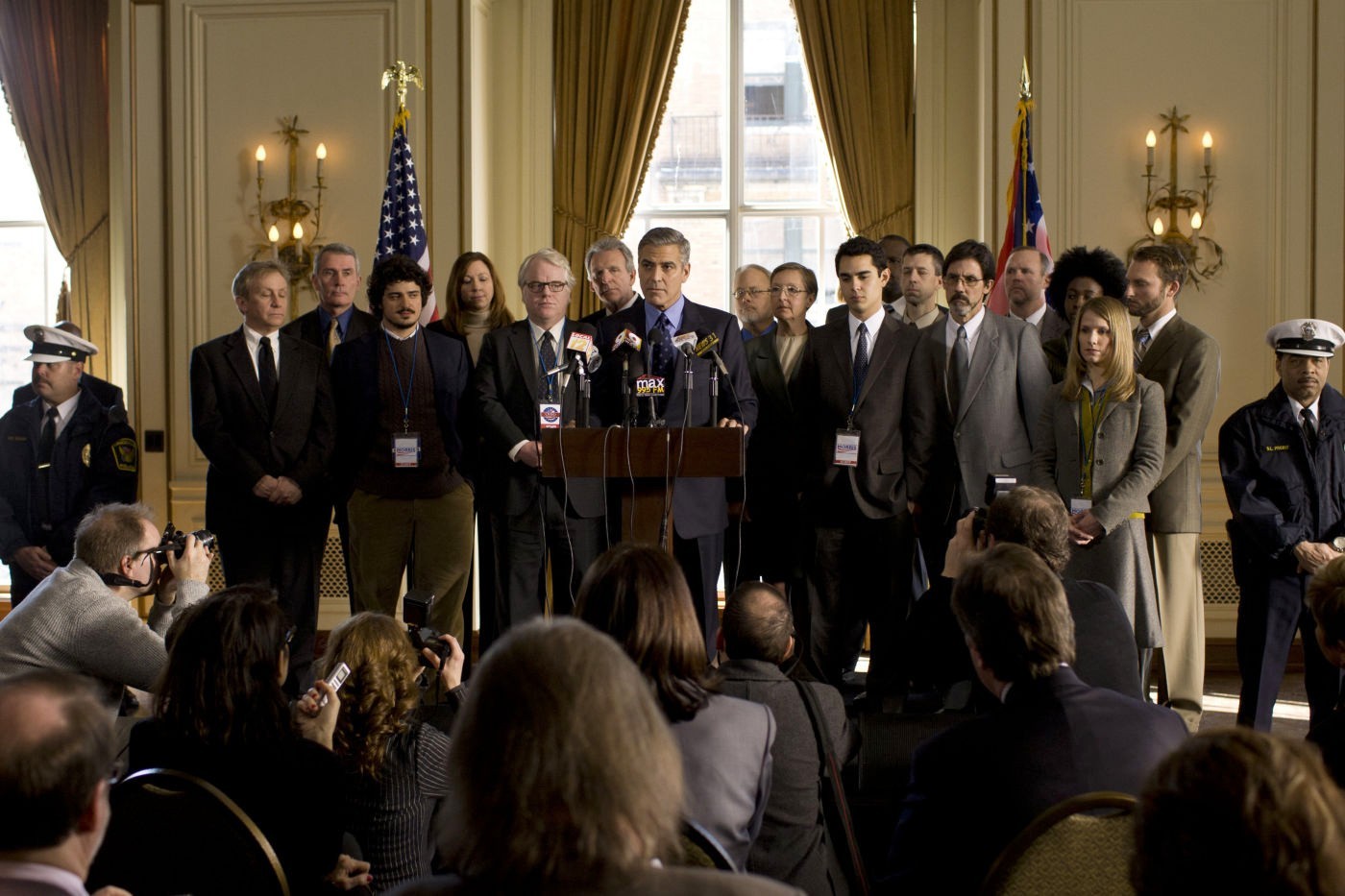
Political candidates, if they have smart people on their team, will be encouraged early on to clearly answer one question: "why are you running?" There are two public answers to this question - one, because you stand against something; this was the approach that got Rob Ford elected. Two, less populist and often harder to position is standing for something. If you're the incumbent, that can be the status quo/your record. If you aren't, however, it has to be something innovative.
The reason it's really hard to sell something new is because people may not get it. You can look for precedent elsewhere, but even then it comes down to what will actually resonate with the voters (or at least, your targeted coalition thereof).

Which is why politics is rarely about ideas, it's about brand - the strength of your candidate's and the weakness of your opponent's. This is why politics bleeds idealism and the survivors, the ones who last long enough to move through the backroom ranks tend to be cynical, manipulative and unafraid to go for the jugular of whoever they feel stands in their way.
There are a lot of people in politics who only pay lip service to public answers to "why are you running?" For these people, it's the win that matters. Politics is competition, like a rugby match. You want to be known as a winner, because being a winner gets you more access, more finery, a more fearsome reputation, clout whatever. When it's winning you believe in, you will convince yourself you believe in anything that will get you ahead. It's a small step from there to saying or doing whatever it takes for that win, no matter the cause.
Not everyone starts off this cynical; many actually do start with something they believe in. A surprising many carry those beliefs all the way through their careers. It's rare, if not impossible, to find anyone who has willingly compromised a core belief because they say political advantage in doing so. After all, you can't effect change if you don't win and you can't win unless you're willing to bend the rules a bit - after all, everyone does. Right?
A common example of this here in Canada is paying for party memberships. You'd be surprised how many candidates' teams do this. You'd be saddened by how many see nothing wrong with the practise, then turn around and disparage Doug Ford for handing out cash to constituents. It's not the principle, you see, it's how blatantly he breaks it that offends them.
Here's the rub, the uncomfortable truth that is anathema to politics. If the cause is truly the thing you believe in, then winning isn't everything. You don't run unless you plan to win, of course, but the cause has to come first and stay first, always. Otherwise, you get people who will do things like commit to running for a seat whether they win leadership or not, then back away afterwards. You'll get people making challenging, structural promises like Senate Reform or real transparency and then forget those promises when they win.
That's what leads to public cynicism in politics; it's also why so many people fail to make a lasting mark on the political landscape.
On every campaign I've played a significant role in, we changed things whether we won or not. I can think of one where my candidate didn't win, but the one who did used some of our lines in their victory speech. In at least a small way, we made our cause their cause. It often sucks to see your work and ideas brought to fruition by someone else, but always remember that without you, that idea wouldn't be there in the first place.

Some of the most politically influential people aren't politicians at all. They have dedicated themselves, their talents and their resources to something they believe in and as such, can never lose. They only learn how to do better, making new connections, refining ideas and laying track along the way.
Political people will ask the question "why are you running" and look for an answer they can sell. It's very rare that they stop, look in the mirror and ask themselves what they will do about that cause if they lose.
The answer to that question is the difference between wins or losses and true accomplishment.
It's one we need to be asking more.


No comments:
Post a Comment